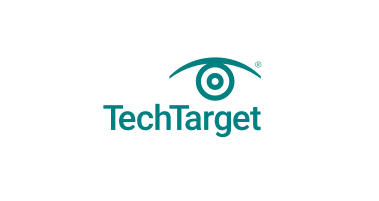Data privacy, or information privacy, is a crucial component of data protection that focuses on securely storing, accessing, retaining, ensuring the immutability, and safeguarding sensitive data. Although often associated with handling personal data or personally identifiable information (PII), such as names, addresses, Social Security numbers, and credit card numbers, data privacy extends to protecting other valuable or confidential information such as financial data, intellectual property, and personal health information. Various vertical industry standards govern data privacy and protection efforts, while regulatory requirements from different governing bodies and jurisdictions serve similar purposes.
Data privacy is not a single concept but rather a discipline encompassing rules, practices, guidelines, and tools to help organizations establish and maintain the necessary levels of privacy compliance. It consists of legal frameworks, policies, best practices, interactions with third-party organizations, data governance standards, and global requirements that differ across legal jurisdictions.
It is crucial to differentiate between data privacy and data security, as they are related but distinct. Data privacy involves aspects of storing, retaining, and transferring data in compliance with regulations, while data security is about protecting data from unauthorized access, loss, or corruption throughout its lifecycle. Data privacy is a subset of data security and cannot exist without a robust data security framework.
Data governance, on the other hand, is a broader concept that includes data privacy and security while also addressing data quality and management throughout the data lifecycle. Organizations handling data should have comprehensive data governance procedures that consider data privacy as a significant aspect within them.
Proper data privacy compliance can provide multiple benefits for a business, including improved data use, enhanced reputation and brand, regulatory compliance, and protection against litigation and fines resulting from data breaches. However, achieving data privacy compliance can be challenging, with common obstacles such as privacy being an afterthought, poor data visibility, managing vast amounts of data, retaining excessive data, handling various devices, and navigating complex regulatory landscapes. Various technologies, such as data governance platforms, encryption, multifactor authentication, and identity and access management tools, can assist organizations in their data privacy efforts.
In the future, data privacy is expected to become even more critical as businesses grapple with the increasing volume of data generated globally and the growing threat of cyberattacks and data breaches. New legislation will likely require organizations to prioritize data privacy, particularly in the context of emerging technologies like artificial intelligence. As businesses adapt to these challenges, incorporating robust data privacy protections into their operations will be essential for ensuring compliance and safeguarding sensitive information.









